Women's Paranoia: Cassandras and Conspiracies
Programmed by: Ursula Rigberg Wagner
When we think of paranoid thrillers, we often see masculine heroes caught in baroque conspiracies. They're not without roots in reality, but those roots tend to be of a more political nature, i.e., tales of governmental corruption and cover-ups. But if the personal is also political, as the second-wave feminist movement famously asserted, then that is exactly what is reflected in movies about women who appear to experience irrational fears. The protagonists in this series largely feel ill-at-ease within their most intimate relationships, and are disbelieved by doctors and law enforcement; nothing about this is irrational. Statistically, we know that women are frequently unsafe from men, their fears and reports of abuse often dismissed, and their pain more likely to be minimized or ignored by the medical establishment. As Joseph Heller wrote in Catch 22, "Just because you're paranoid doesn't mean they aren't after you."
In Greek mythology, Cassandra was a gifted prophetess who rebuffed Apollo's advances. As punishment, he cursed her with the burden of her (very accurate) warnings never being believed. Inspired by Cassandra's plight, this series explores the specific terror of being a woman in a patriarchal society. The point is not to revel in feminine insanity, fear, confusion, or suffering. These films show women reacting to a variety of threats and conspiracies that are largely real in the context of each film. No "hysteria" here. Watching them, we experience the anxiety of having one's legitimate fears minimized or one's perceptions and special knowledge disbelieved.
Rosemary's Baby (1968)

Roman Polanski · 138m · 35mm
Nothing about the pregnancy of Rosemary Woodhouse (Mia Farrow) is going as planned, and her unbearable pain is dismissed by neighbors, doctors, and even her husband (John Cassavetes). Ironically, it was Polanski who adapted the top-selling horror novel of the 1960s to empathically portray a woman who fears that a conspiracy of (mostly) men is trying to use and control her womb. The result is a triumph of subtle body horror, still relevant today.
Friday, October 4th 7:00 PM
Safe (1995)
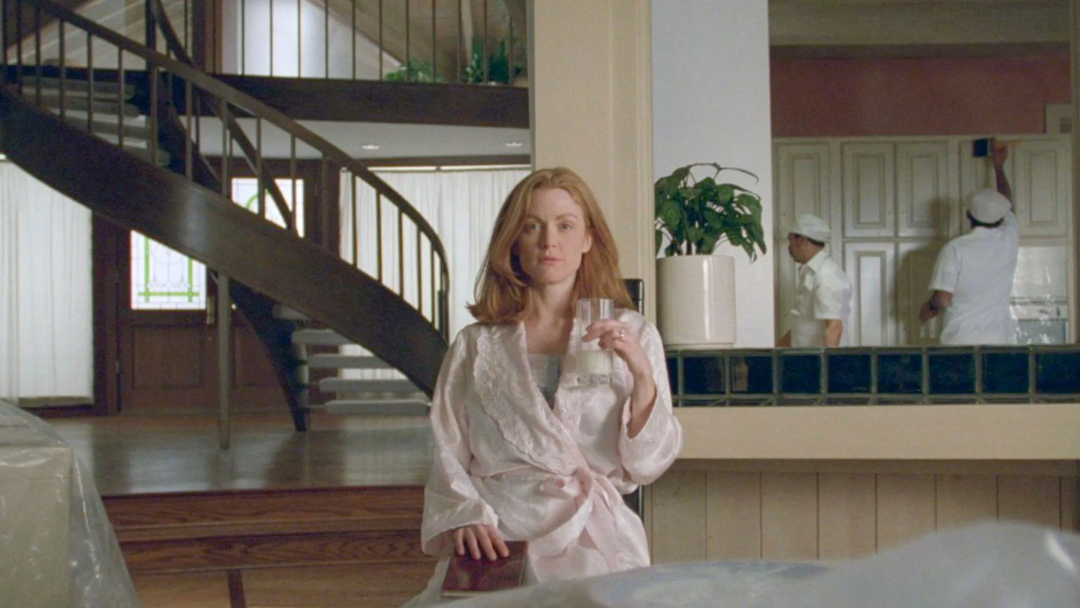
Todd Haynes · 119m · 35mm
In a breakout role, Julianne Moore plays housewife Carol White, whose bland San Fernando Valley existence crumbles when she suffers a series of debilitating symptoms and eventually attributes them to synthetic chemicals. Haynes researched the controversial diagnosis of "multiple chemical sensitivity" to tell Carol's story, basing the self-help cult she retreats into on actual 1980s New Age gurus, who preached self-love as a cure for AIDS.
Friday, October 18th 7:00 PM · Saturday, October 19th 9:30 PM
Bunny Lake is Missing (1965)
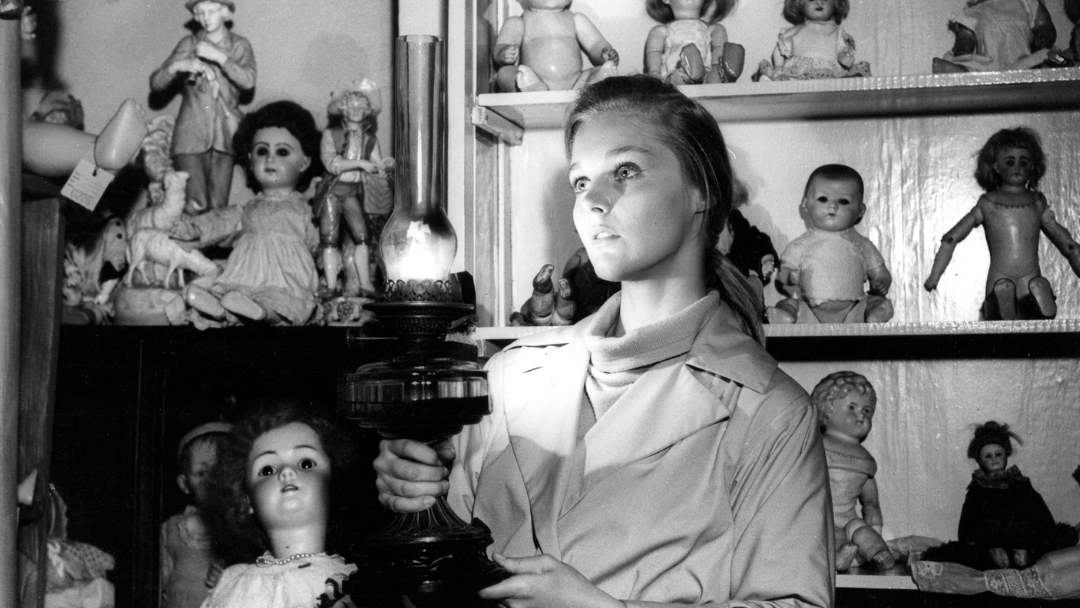
Otto Preminger · 107m · 35mm
It's not just that Bunny Lake is nowhere to be found when single mum Ann goes to pick her up from her first day of preschool. It's that no one can recall ever having seen the girl at all. Is Bunny real or, as police inspector Newhouse (Laurence Olivier) suspects, merely Ann's hallucination? In this late-career thriller, Preminger was still striving for a modern sensibility, seeking out gritty London locations, and employing the Zombies on the soundtrack.
Friday, October 25th 7:00 PM
Gaslight (1944)
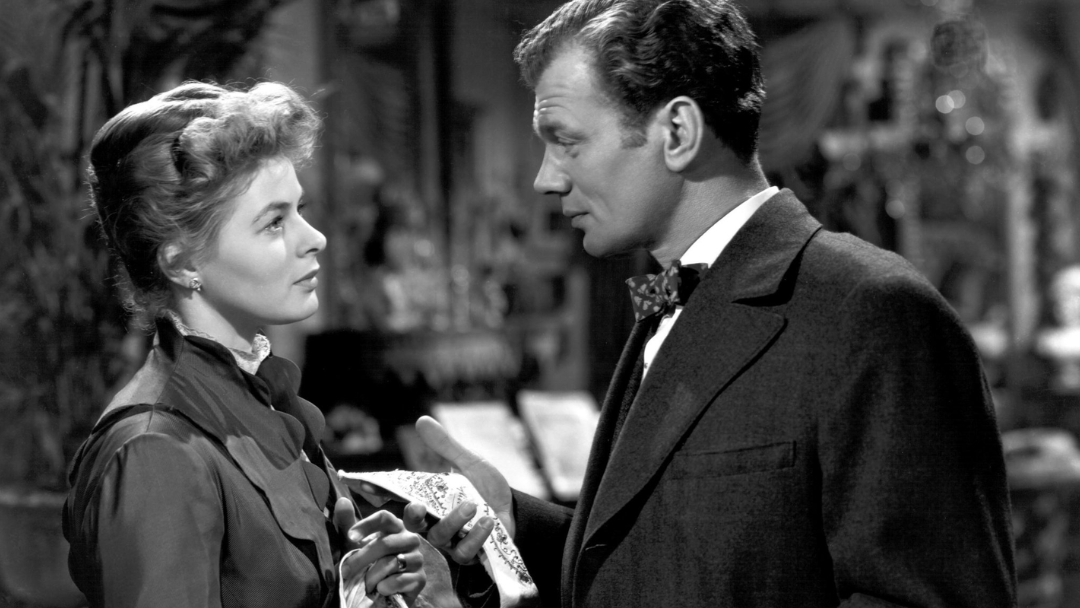
George Cukor · 114m · DCP
"Gaslighting" is widely invoked as a form of psychological abuse, but many are unaware that the term is derived from the title of this noirish classic. Ingrid Bergman and Charles Boyer (both Oscar-nominated here, with Bergman winning) play Paula and Gregory, a couple who got married after a whirlwind romance. But Gregory soon expresses frustration with Paula, alleging blackouts and kleptomania. Is Paula, who now doubts her own sanity, bound for the asylum?
Friday, November 1st 7:00 PM · Saturday, November 2nd 4:00 PM
Coma (1978)
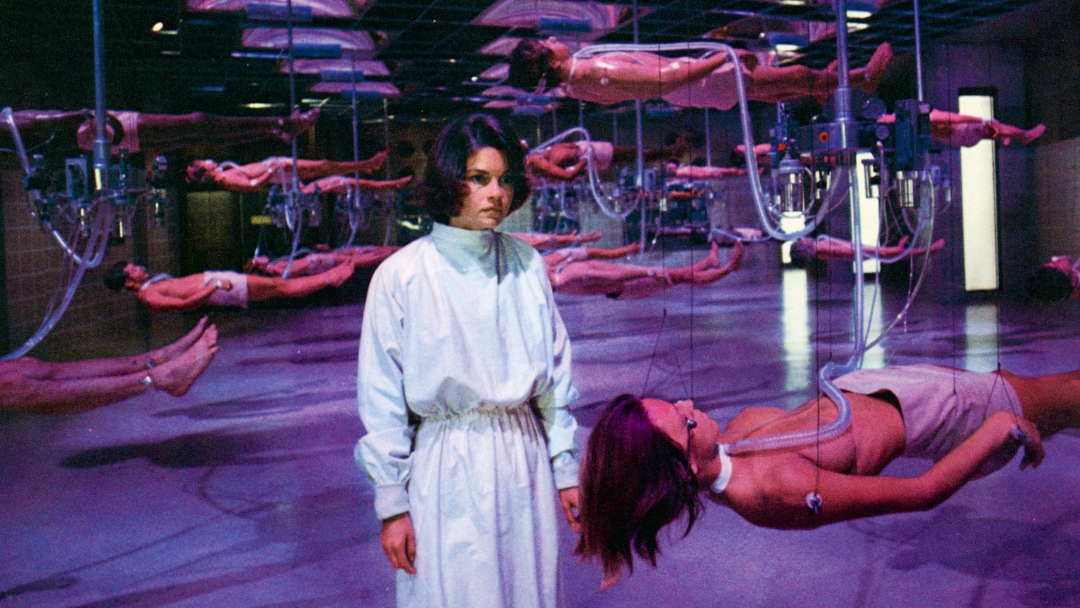
Michael Crichton · 113m · Digital
Crichton adapted this medical thriller from Robin Cook's bestseller (both men were MDs) and scared a generation off of routine surgeries. Something is amiss in OR8 of Boston Memorial: patients enter for simple procedures, but exit brain-dead. Dr. Wheeler (Genevieve Bujold) notices, but she can't get any other (read: male) doctors to believe her, not even her boyfriend (Michael Douglas). Still, she follows the bodies to their haunting destination.
Friday, November 8th 7:00 PM
The Stepford Wives (1975)

Bryan Forbes · 117m · 35mm
In this dark satire of men's reaction to second-wave feminism, Katharine Ross suspects the men in her quiet suburb of altering their wives' brains. Far superior to 2004's "remake," the 1975 movie presents its nightmare world in the sunny hues of commercials targeted at housewives of the time. After Rosemary's Baby, this was Ira Levin's next feminist horror novel to be adapted to film (with a William Goldman script); both serving as inspiration for Get Out.
Friday, November 15th 7:00 PM
The Beguiled (2017)
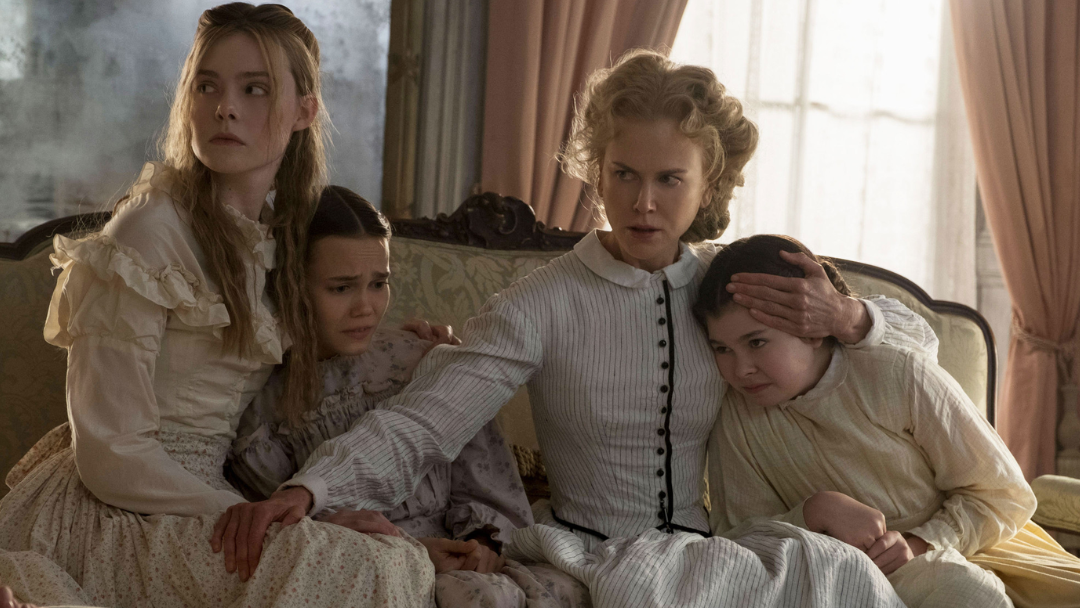
Sofia Coppola · 93m · DCP
In 1864, Colin Farrell is an injured Union Army deserter taken in by Nicole Kidman, Kirsten Dunst, Elle Fanning, et al., who reside in a dwindling southern girls' school. As he heals and begins to assert his masculinity in their insular world, their suspicions of him grow… poisonous. First filmed in 1971, Coppola remade The Beguiled to center the women's experiences. She won Best Director at Cannes, and the film was nominated for the Palme d'Or.
Friday, November 22nd 7:00 PM · Saturday, November 23rd 9:30 PM
Rebecca (1940)
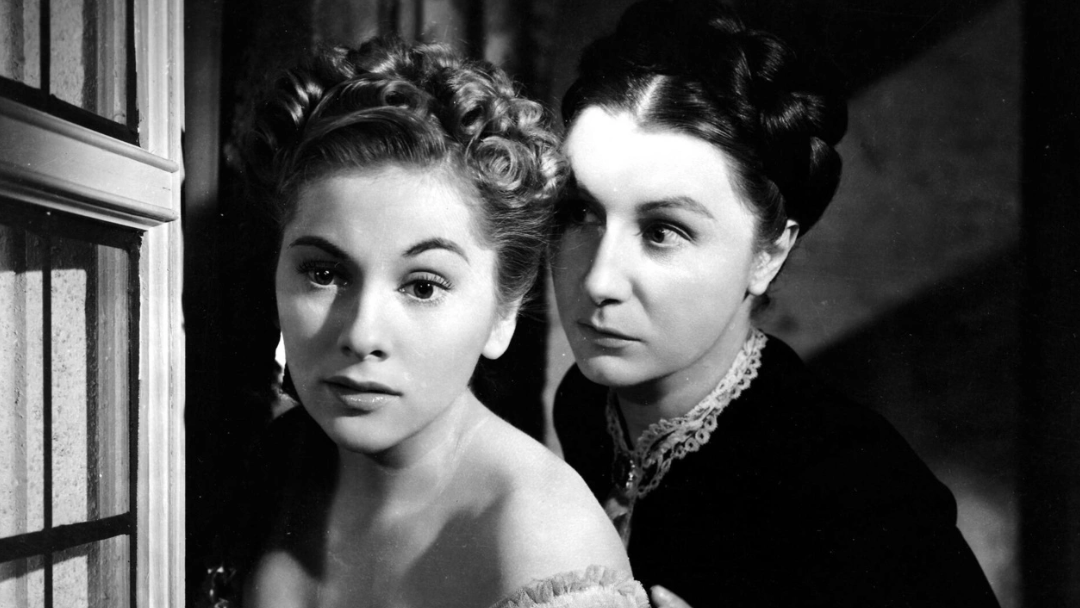
Alfred Hitchcock · 130m · 35mm
No sooner does this film's naïve young heroine (Joan Fontaine) meet rich widower Maxim de Winter (Laurence Olivier), than she is swept off to his vast estate, Manderley, as "the second Mrs. de Winter." But the shadow of Max's first wife, Rebecca, who died suspiciously, oppresses every second of our heroine's life at Manderley. Based on Daphne du Maurier's brilliant book, the only Hitchcock movie to ever win Best Picture is a masterpiece of gothic romance.






